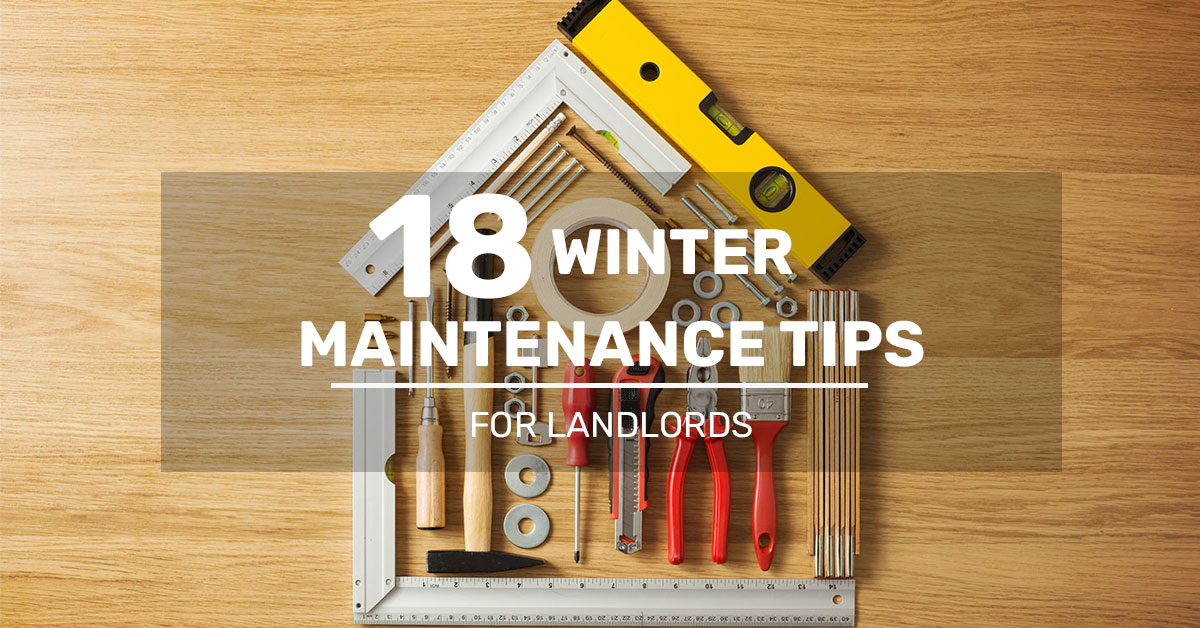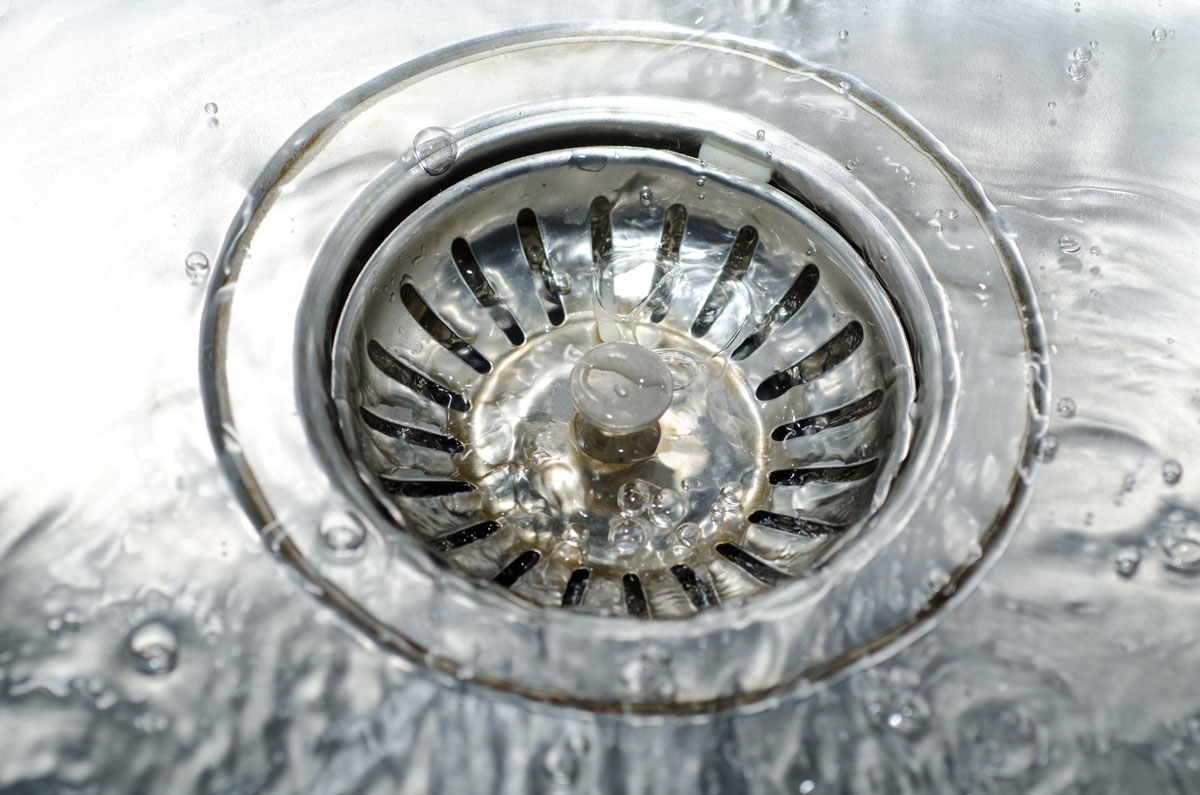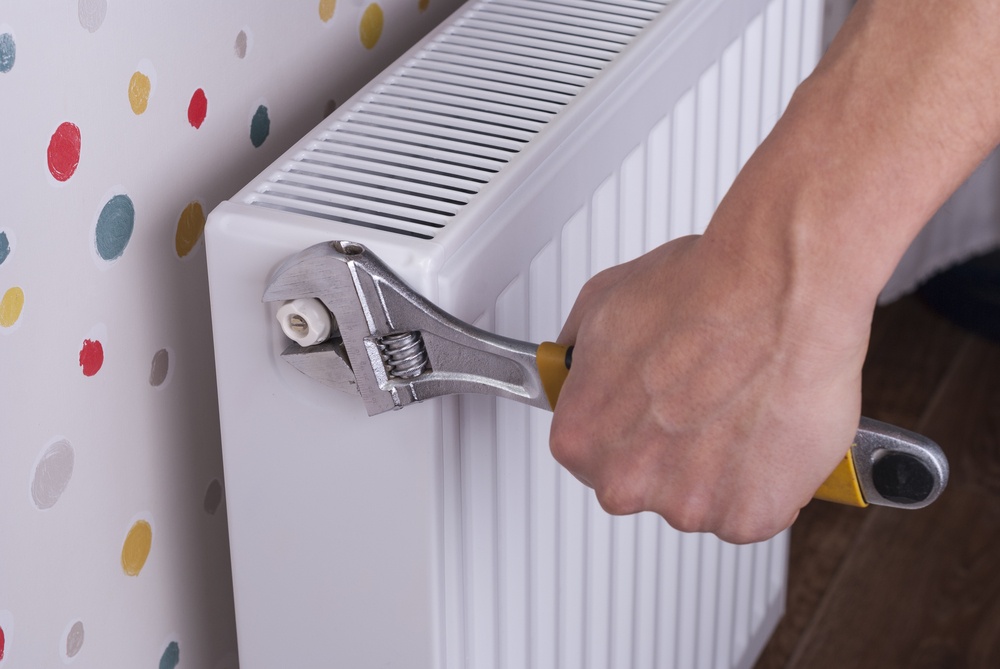-

-
 Login or
Register
Login or
Register
- Call Us +44(0)207 148 03 22

Freezing temperatures can cause devastati on to properties if pipes freeze and burst. Tenants should be reminded to leave the heating on low, even if the property is unoccupied to look to prevent this from happening. It’s also worth advising them to leave the loft hatch ajar so that warm air can circulate around the loft.
Landlords are recommended to instruct a contractor to visit the property to check that the drains and gutters are not blocked. For instance, gutters which are blocked can become heavy with frozen water which can lead to them break in grand falling.

If it’s likely that a property will be empty for a significant period of time, turning off the water is not always sufficient as there is normally still a lot of water in the system which could cause damage. Landlords are recommended to instruct a plumber to drain down the system (water and central heating) will help to eliminate this risk.
It’s really important to make sure all of the little niggling problems at a property are resolved before the cold weather sets, as these smaller problems have a habit of rapidly turning into bigger, more expensive issues. With this in mind, it’s worth looking to arrange (or undertake) a property visit/inspection prior to the winter period whilst the tenant is at the property. This will allow the clerk, or your contractors, to get a complete list of any niggling problems from the tenants which haven’t yet been reported.
If a property is likely to be empty for a prolonged period, make sure that the insurers obligations are not compromised and landlord are advised to instruct an independent inventory provider to carry out‘ empty property visits’ on a regular basis to provide photographic proof that the property has been monitored.
Unfortunately, not all tenants will know about bleeding radiators and how to undertake this. To look to minimise the number of‘ the radiators not working’ calls, consider producing a fact sheet designed for tenants, which explains the effect soft rapped air in side a radiator and what they can do to look to resolve the issue themselves. For inspiration, have a look at the uSwitch ‘step-by-step guide’http://www.uswitch.com/energy-saving/guides/how-to-bleed-a-radiator/

It’s really important to make sure that your tenants know where the stop cock is located and how to switch it off. Whilst it’s common for inventory clerks to confirm the location of the stopcock on an inventory, it’s worthwhile making sure that the tenants are reminded of where to find it before the winter months set in.
The wetter, winter months tend to attract more mould growth. As well as unsightly blemishes, mould can also pose a health hazard and it is your duty of care to ensure mould issues are highlighted and treated. Mould is normally a symptom of condensation, and it's most likely to occur in rooms with a water and heat supply (e.g. bathrooms, kitchens). Consider producing a ‘mould prevention fact sheet’ for your tenants and send this out to them prior to the start of winter each year.
Landlords who own properties without door taps are encouraged to agree to a contract or visiting the property to isolate, drain and insulate the tap and supply. This will help to prevent the pipes from freezing.
Properties are far easier to let (and sale) during the summer months. The winter months, with the dark evenings and dreary weather, do not hing to helps how off a property in the best possible light as everything just appears dull! When thinking of letting a property in the winter months, consider furnishing your a ‘winter pre-let maintenance guide’. Within the guide, we make suggestions about heating the property prior to viewings, ensuring the property is well it (inside and out), making sure the garden is presented in the way that they would like tenants to maintain lit, and ensuring that the property maintains its kerb appeal–by sweeping up leaves, clearing dirt from paths and doorways and potentially giving the outside woodwork a fresh coat of paint.
In order to minimise calls ‘broken appliances’ look to provide your tenants with manuals to all of the appliances provided within a property. Boiler user manuals are essential tools for tenants during the winter time. If any of the appliance manuals have been lost, or misplaced, most can now be downloaded for free from the internet–either from the manufacturers websites, or via website such as http://www.espares.co.uk/usermanuals
If you’ve not done so already, consider writing to all of your tenants and asking them to turn on their heating as soon as possible to make sure everything is working as it should be. This should prevent an onslaught of calls as soon as the first cold snap arrives, which will help ease the burden of sourcing available contractors and minimise the time waiting for spare parts.
If for any reason it becomes necessary to arrange for tenants to be furnished with temporary heaters during the winter, it would be wise to recommend to the landlord than an electric convector or fan-assisted heater with a thermostatic cut-out is provided, rather than an electric radiator paraffin/ oil heater which pose fairly significant fire risks. Make sure that tenants are provided with clear guidance as to how to use the temporary heaters and remind them not to leave them unattended for long periods, to turn they off when they leave the property and never to attempt to move a heater when it is still switch on.
Depending of course as to how many properties you manage, it’s more than likely that you’ll get a few tenants call up-to report that the heating and/or hot water isn’t working, only to find out from the contractor instructed that the switch has been turned off, or the thermostat has been turned down, or due to the clocks going back the programmer needed adjusting…..the list goes on. To get around problems like this, create a trouble shooting check-list to run through each time a tenant calls up-to report such a problem to ensure that you don’t waste time instructing a contractor for no reason.

It’s a good idea to encourage landlords to have an annual roof inspection before the stormy weather appears. Whilst a ground level visual ‘inspection’ is offered by the majority of inventory clerks in the process of conducting property visits, this is no substitute for a professional ‘roof height’ inspection. Make sure any contractor instructed has the ability to quote and repair from site to minimise delays – and ask them to check to make sure television aerials are secured too.
Whilst the testing of smoke alarms is a tenants responsibility, it’s a good idea to remind them to do so–especially on the lead upto winter. December is cited to be the worst month for accidental fires in the home, with around 20 people a day either killed or injured. The small cost of an SMS message could save the life of a tenant, as well as minimising smoke and fire damage to your landlords property.
For landlords who select not to have their boilers serviced, it’s worth noting the benefits that a service provides. If statistics are any thing to go by, it is estimated that 20% of all UK household experience boiler break downs each winter– and the average repair bill is in excess of £300. A boiler service therefore helps to reduce costly repairs as problems can be pre-empted.

My City Nest manages properties on behalf of landlords through out London, so it’s essential that we have reliable consistent emergency maintenance procedures in place which cover all eventualities! The Tips within the post form part of these procedures and we hope that you have found them useful. Whether you're a part time landlord, full time landlord or a property fund manager, A professional property management team can help your property navigate the maintenance - heavy winter months. Contact us today, to arrange a free, no obligation, discovery meeting.